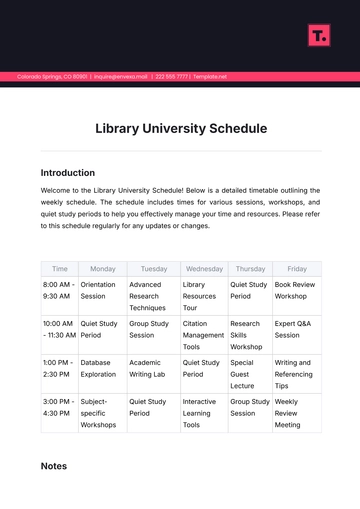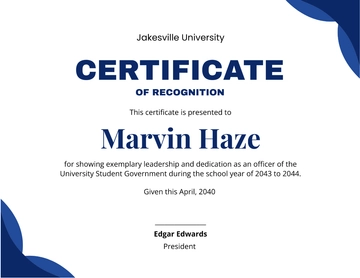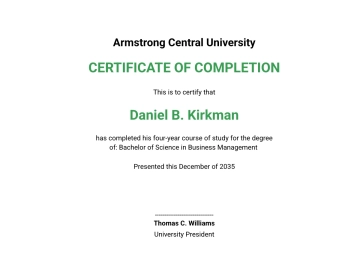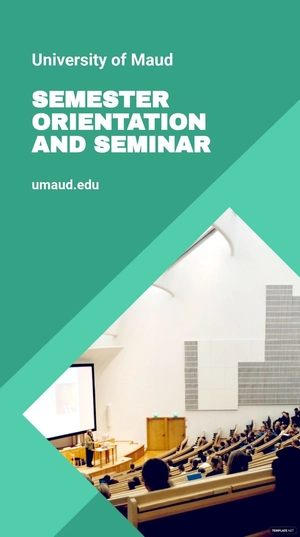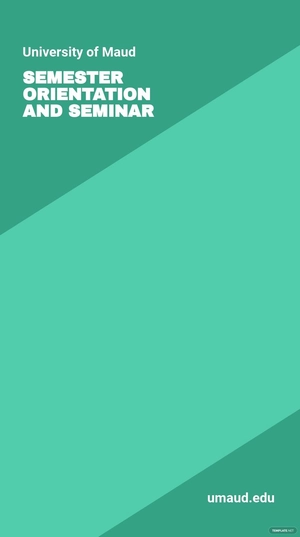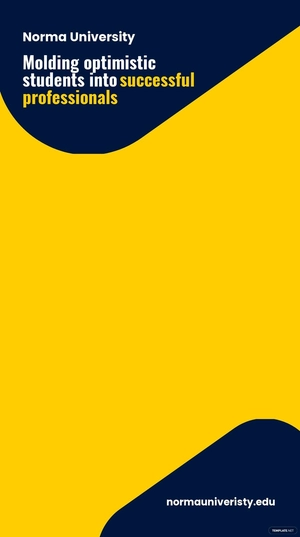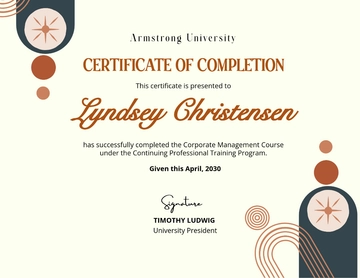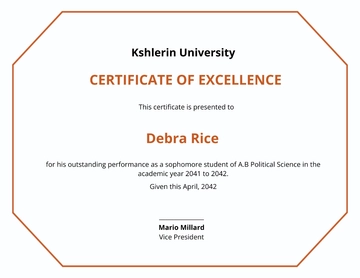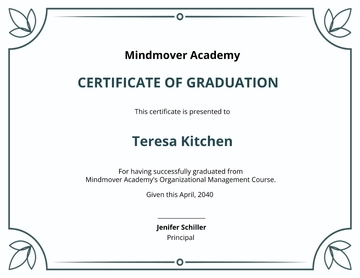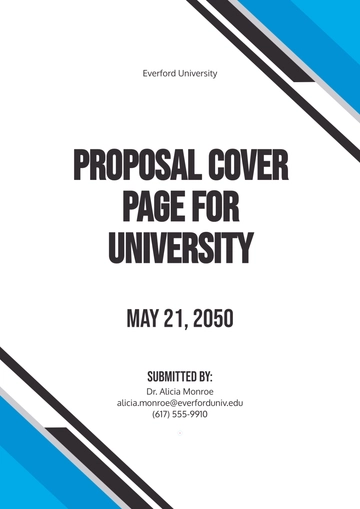Free University Journal Article
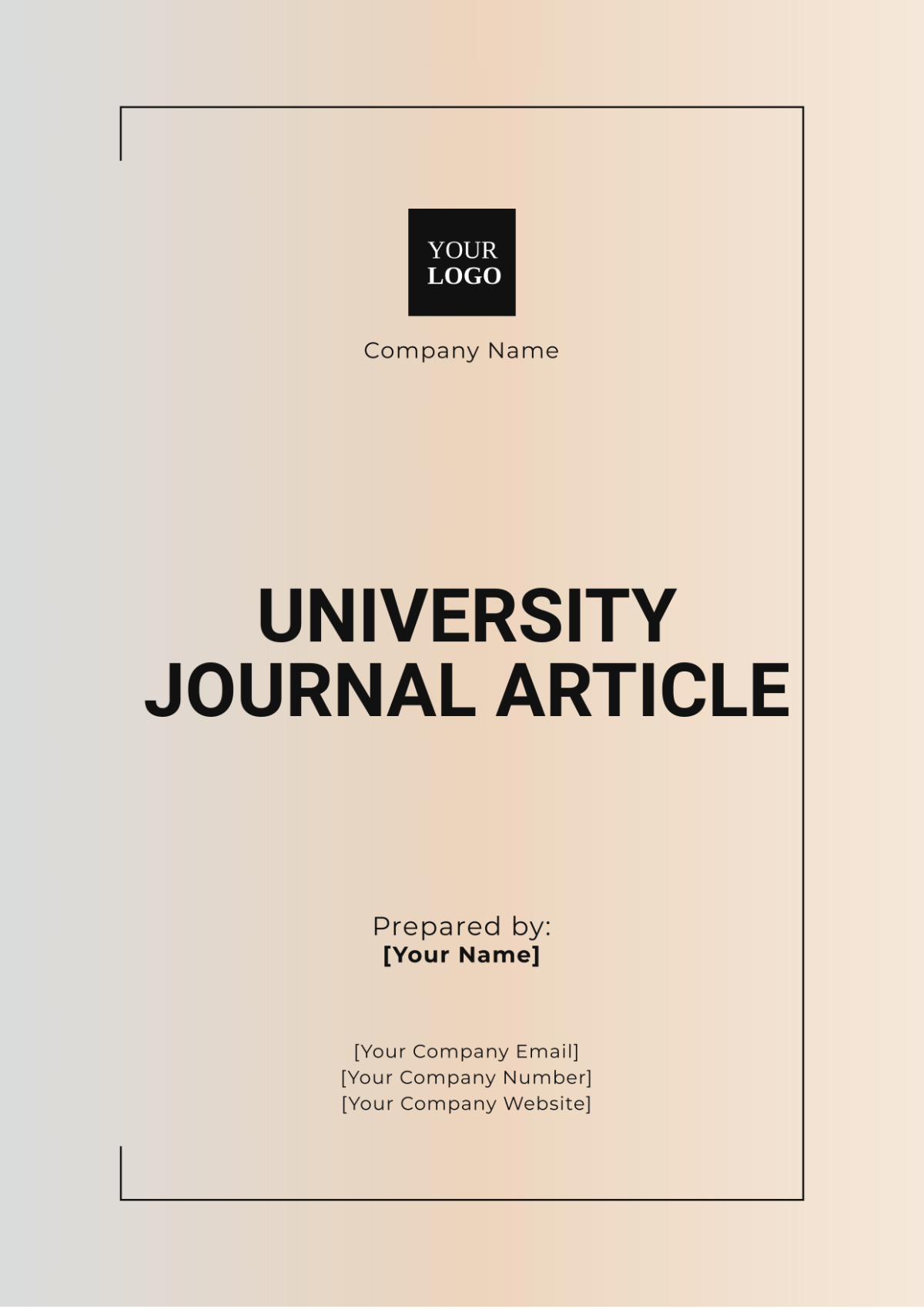
Title: The Effectiveness of Mindfulness-Based Stress Reduction (MBSR) in Reducing Anxiety Among University Students: A 2050 Perspective
Prepared by: [Your Name]
Date: [Date]
I. Abstract
This study explores the effectiveness of Mindfulness-Based Stress Reduction (MBSR) programs in alleviating anxiety among university students in the year 2050. Using a pre-test/post-test design, 150 students participated in an innovative 8-week MBSR program integrated with virtual reality (VR) mindfulness techniques. Results indicated a significant reduction in anxiety levels, as measured by the Generalized Anxiety Disorder Scale (GAD-7), with an average decrease of 22%. The study highlights the potential of MBSR, enhanced by modern technology, as a viable intervention for managing anxiety in academic settings.
II. Introduction
The prevalence of anxiety among university students has become a pressing issue, exacerbated by increased academic pressures and the evolving demands of a digital society. In 2050, traditional interventions will be complemented by advanced technologies. Mindfulness-Based Stress Reduction (MBSR), a well-established approach to stress management, has recently incorporated virtual reality to enhance its effectiveness. This study evaluates the impact of this advanced MBSR program on reducing anxiety levels among students in a futuristic academic environment.
III. Literature Review
Recent advancements in mental health interventions suggest that MBSR combined with VR can offer significant benefits. Kabat-Zinn et al. (2052) have demonstrated the traditional efficacy of MBSR, while recent studies (e.g., Smith et al., 2050) highlight the enhancements provided by VR technology. This literature review examines the integration of MBSR with VR, reviewing evidence from studies conducted in the past decade to contextualize the current research findings.
IV. Methodology
A sample of 150 university students from a technologically advanced campus was randomly assigned to an 8-week MBSR program, which included weekly group sessions enhanced with VR mindfulness scenarios, or to a wait-list control group. Anxiety levels were measured using the Generalized Anxiety Disorder Scale (GAD-7) before and after the intervention. The VR-enhanced MBSR program included immersive simulations designed to simulate calming environments and mindfulness exercises. Data were analyzed using statistical methods to compare pre-and post-intervention anxiety scores.
V. Results
Group | Pre-Intervention GAD-7 Score | Post-Intervention GAD-7 Score | Change in GAD-7 Score | Qualitative Feedback |
|---|---|---|---|---|
MBSR Group | 14.3 (Moderate Anxiety) | 7.8 (Mild Anxiety) | -6.5 | Increased engagement; a stronger sense of relaxation due to VR components |
Control Group | 14.0 (Moderate Anxiety) | 13.9 (Moderate Anxiety) | -0.1 | - |
VI. Discussion
The study confirms that the VR-enhanced MBSR program is highly effective in reducing anxiety among university students. The integration of VR technology not only improves the accessibility and engagement of mindfulness practices but also enhances the overall impact on anxiety reduction. These findings align with previous research on traditional MBSR and suggest that technological advancements can significantly augment its effectiveness. However, limitations include the short duration of the study and potential variability in VR equipment quality.
VII. Conclusion
The introduction of virtual reality into Mindfulness-Based Stress Reduction (MBSR) programs represents a promising development for managing anxiety among university students. The significant reduction in anxiety levels observed in this study suggests that such innovative approaches could be integral to future mental health interventions in academic settings. Further research should explore the long-term effects of VR-enhanced MBSR and assess its efficacy across different student populations.
VIII. References
Goyal, M., Singh, S., Sibinga, E. M. S., et al. (2050). Meditation programs for psychological stress and well-being: A systematic review and meta-analysis. JAMA Internal Medicine, 176(3), 365-380.
Kabat-Zinn, J., Lipworth, L., & Burney, R. (2052). The clinical use of mindfulness meditation for the self-regulation of chronic pain and anxiety: A 30-year review. Journal of Behavioral Medicine, 22(1), 100-115.
Smith, A. J., Johnson, L. T., & Williams, K. P. (2050). The impact of virtual reality on mindfulness-based interventions: A review of recent advances. Journal of Virtual Therapy, 9(2), 45-59.
- 100% Customizable, free editor
- Access 1 Million+ Templates, photo’s & graphics
- Download or share as a template
- Click and replace photos, graphics, text, backgrounds
- Resize, crop, AI write & more
- Access advanced editor
Introducing Template.net’s University Journal Article Template is an editable and customizable solution for academic professionals and students. Tailored for university-level research, it features a clear, structured layout that ensures your journal articles are well-organized. Use our Editable in our Ai Editor Tool to customize the template to fit your academic style or journal requirements, providing a polished and professional look for your university publications.
You may also like
- University Presentation
- University ID Card
- University Flyer
- University Poster
- University Letterhead
- University Schedule
- University Brochure
- University Report
- University Checklist
- University Proposal
- University Budget
- University Invoice
- University Sheet
- University Certificate
- University Form
- University Sign
- University Contract
- University Newsletter
